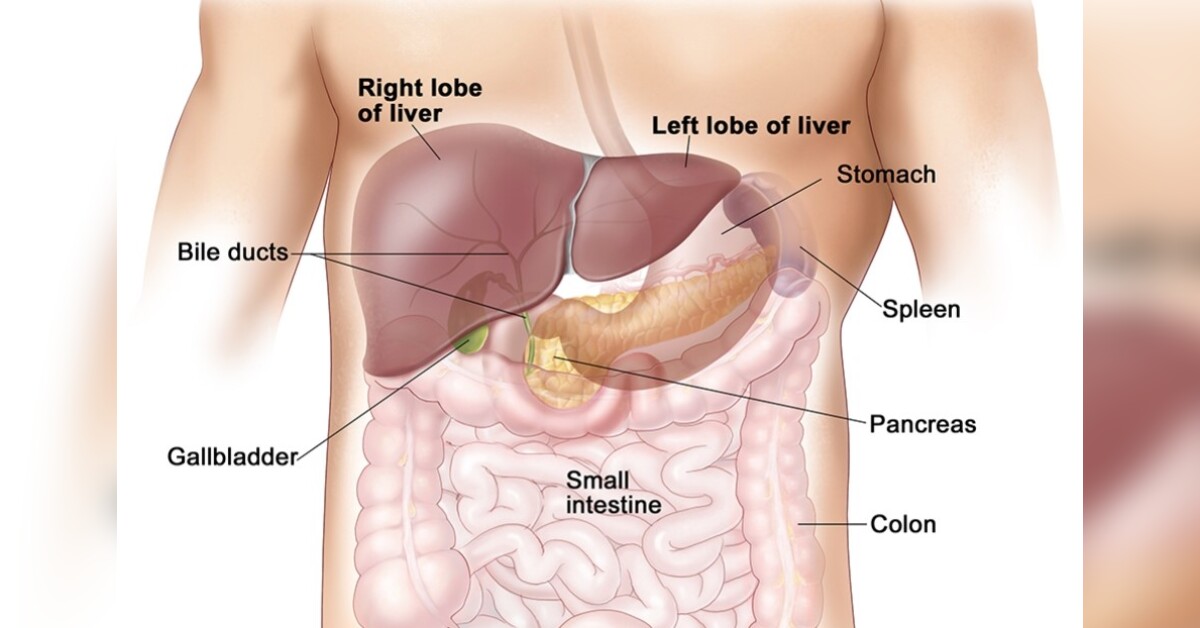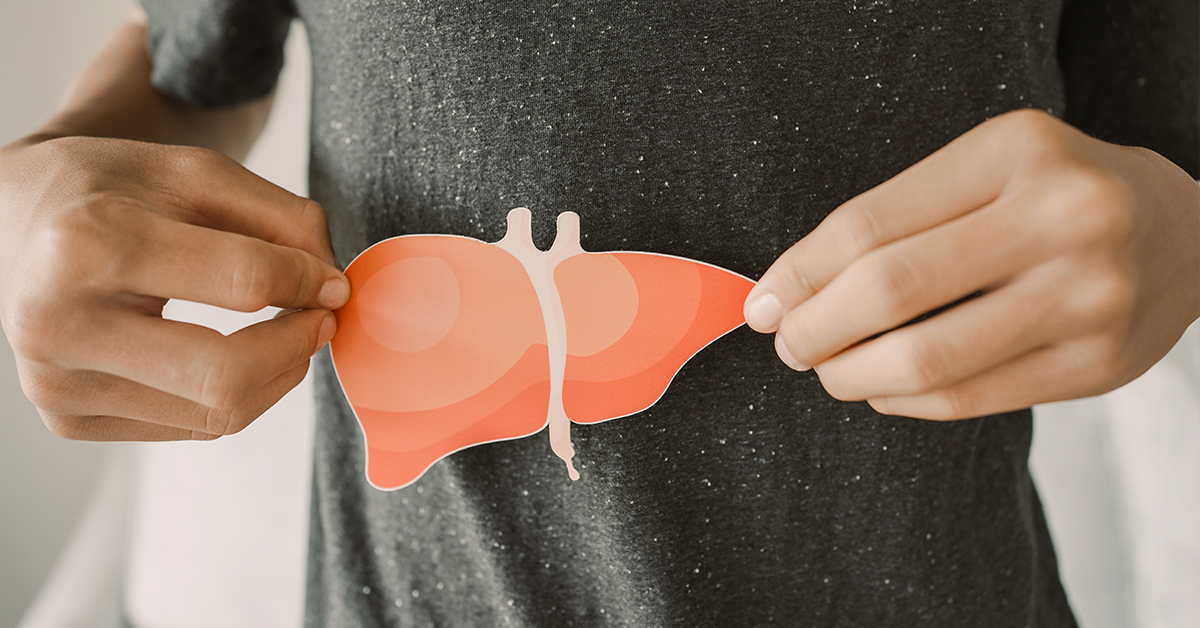Your liver is the second largest organ in your body, behind only your skin. The liver is also the largest gland. It makes and secretes chemicals that are used by other parts of your body to perform key processes. Your liver sits just under your ribcage on your right side. It’s about the size of a football and weighs on average about 3.5 pounds.
The liver is essential for life. It performs more than 500 vital functions that keep your body healthy and working properly. These functions include storing nutrients; removing toxins, waste products and worn-out cells from your blood; filtering and processing chemicals in food, alcohol and medications; and producing bile, a fluid that helps in digestion.
Liver disease is any disorder that negatively impacts the healthy performance of your liver. There are many disorders that fall under this umbrella. They include:
• Viral infections, such as hepatitis.
• Diseases associated with consuming too many toxins, including alcohol-related liver disease and fatty liver disease.
• Inherited diseases, such as hemochromatosis, Wilson disease and alpha-1 antitrypsin deficiency.
• Conditions that occur when your immune system mistakenly attacks your liver, such as autoimmune hepatitis, primary sclerosing cholangitis and primary biliary cholangitis.
• Liver cancer (hepatocellular carcinoma), a condition in which the cells in your liver develop abnormally and grow out of control.
• Cirrhosis, a condition in which your liver is severely scarred and permanently damaged.

Without treatment, these conditions can ultimately lead to liver failure, when large parts of your liver become damaged and can’t function anymore. At this point, you may require a liver transplant, when your diseased liver is removed and replaced with a healthy liver from a donor.
Certain factors increase your risk for liver disease. The most well-known is heavy drinking, which is defined by the Centers for Disease Control and Prevention as more than eight alcoholic drinks per week for women and more than 15 drinks per week for men.
Other risk factors include:
• A family history of liver disease.
• Diabetes or high cholesterol.
• A job that exposes you to blood and other body fluids.
• Being overweight or obese.
• Taking certain supplements or herbs, especially in large amounts.
• Mixing certain medications with alcohol.
• Taking more than the recommended dose of certain medications.
• Sharing needles for drug use.
• Having unprotected sex.
Each liver disease has its own signs and symptoms, but some common ones to be aware of include jaundice, a yellowing of the skin and whites of the eyes; bleeding or easy bruising; swelling of the legs or ankles; pain in the abdomen; itchy skin; dark urine; pale, bloody or black stools; a buildup of fluid in the belly, called ascites; and fatigue.
To diagnose liver disease, your doctor will review your history and symptoms and perform a thorough physical examination. The doctor will also recommend certain tests, bloodwork to measure liver enzymes. Abnormal levels may indicate problems with your liver function.
Your doctor may also use imaging tests, such as ultrasound, MRI or CT, to look for signs of damage, scarring or tumors in your liver. Another test your doctor may suggest is a liver biopsy, during which a needle is used to remove a small sample of liver tissue for analysis.
Treatment depends on the type of disease and how far it has progressed. In general, treatment for includes medications and lifestyle changes. Medications may include antiviral drugs to treat hepatitis, steroids to reduce inflammation, antibiotics and other medications to target specific symptoms. An organ transplant is a last resort for liver failure.
While not all diseases can be prevented, you can help keep your liver healthy by making some key lifestyle choices, such as:
• Eat a liver-friendly diet rich in fruits and vegetables, lean proteins, whole grains and fiber.
• Exercise regularly.
• Limit alcohol consumption.
• Avoid smoking and using drugs.
• Maintain a healthy weight.
• Practice safe sex.
• Don’t take more than the recommended dose of medications.
• Drink more water to help remove toxins and flush liver tissues
• Visit a doctor annually for a physical and bloodwork.
October is Liver Awareness Month. Follow these suggestions and live with a healthier liver.





Leave a Reply